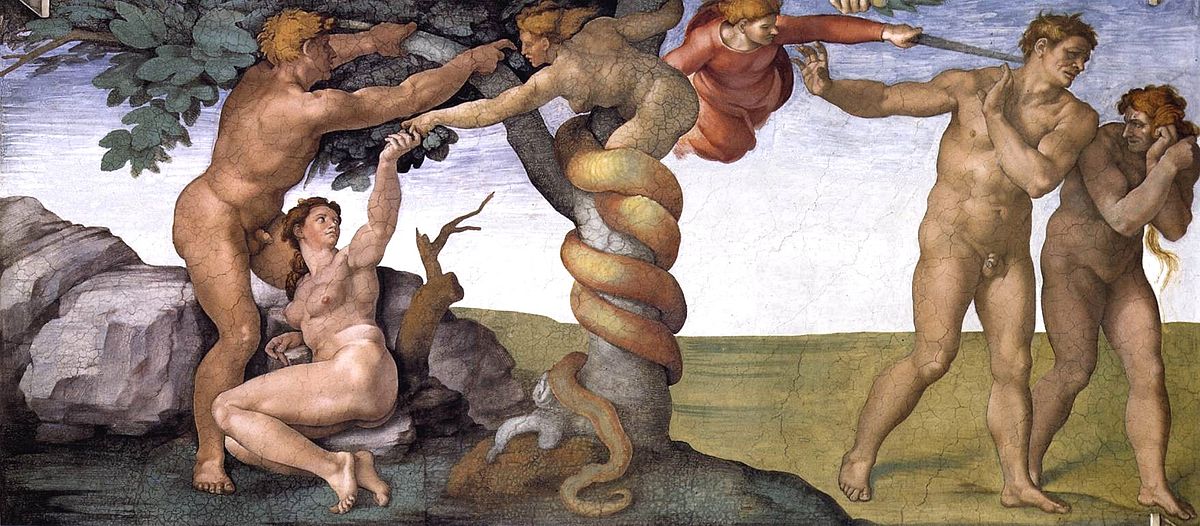Muse
Lifer
- Jul 11, 2001
- 41,064
- 10,307
- 136
I have no problem understanding "selfish." To me that has a plain meaning. But "evil" and "bad" are words that aren't clear at all. Either can connote something absolutely opposite for different people. They are such nebulous, nonspecific, ill defined terms that they have all but lost their meanings.No.
Most people are selfish.
And thats not evil, its part of the survival instinct. It can materialize as evil, but its not always evil.
Here's something worth checking out: William Blake in his most famous prophetic book, "The Marriage of Heaven and Hell" neologizes "evil" and "good" opposite of what many think of. It was partly a matter of context, because of the goings on at the time (which happen to have major similarities to what's happening right here, right now in the USA, BTW). Search down in this for "The Marriage of Heaven and Hell":

William Blake
Poems, readings, poetry news and the entire 110-year archive of POETRY magazine.
You will find this:
The “Proverbs of Hell” are clearly designed to shock the reader out of his commonplace notion of what is good and what is evil:
The Proverbs of Hell are a part of "The Marriage of Heaven and Hell"Prisons are built with stones of Law,
Brothels with bricks of Religion.
The pride of the peacock is the glory of God.
The lust of the goat is the bounty of God.
The wrath of the lion is the wisdom of God.
The nakedness of woman is the work of God.
It is the oppressive nature of church and state that has created the repulsive prisons and brothels. Sexual energy is not an inherent evil, but the repression of that energy is. The preachers of morality fail to understand that God is in all things, including the sexual nature of men and women.
See? What people consider good is actually evil and vice versa, as explained by William Blake. Those terms obviously have no clear objective meaning whatsoever.
Last edited:




